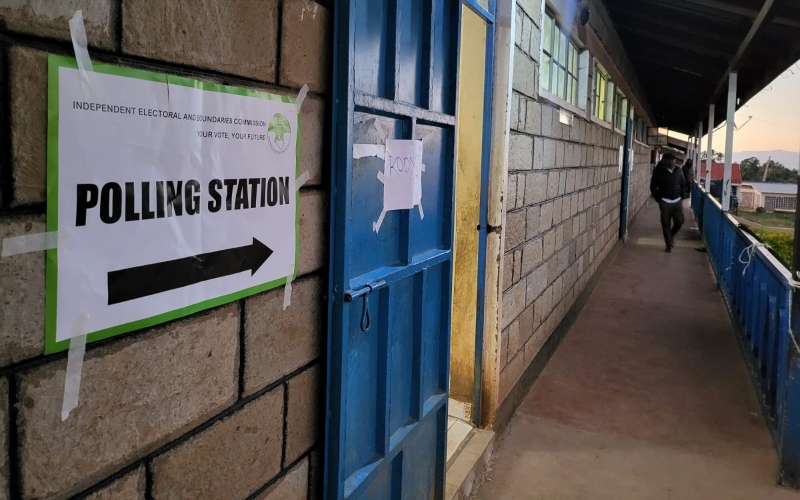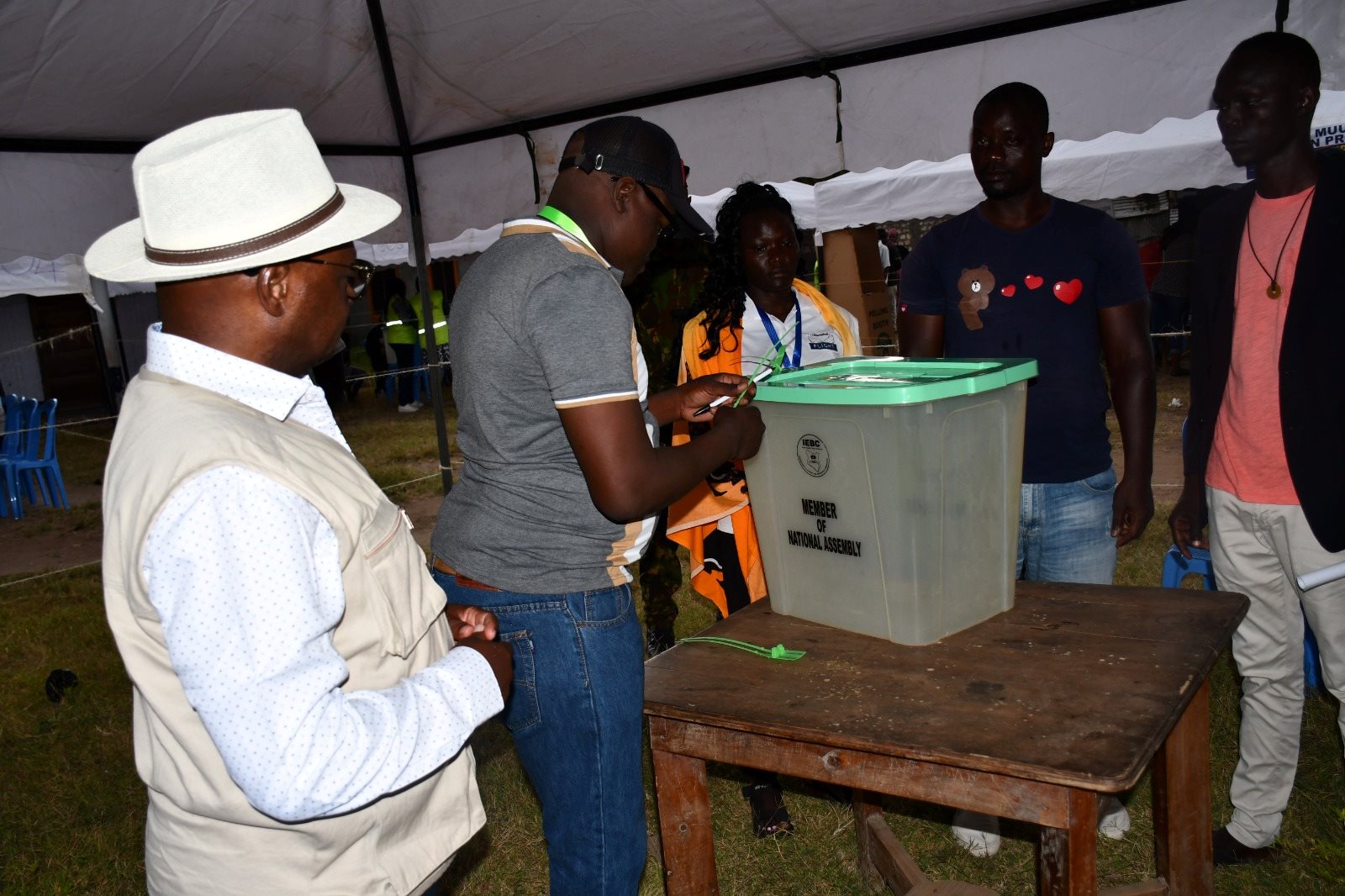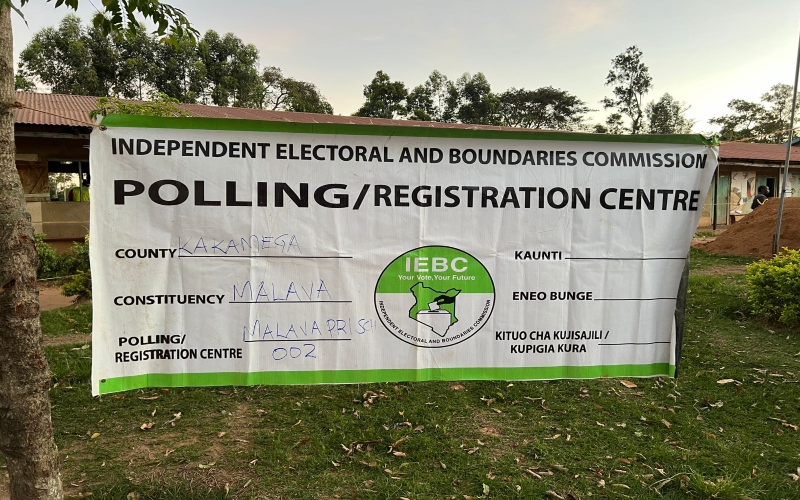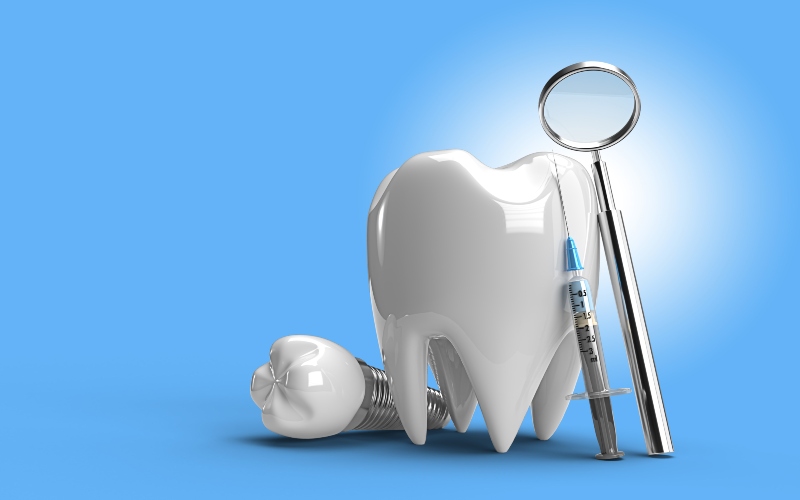Kenya becomes first African country to establish accredited biobanks
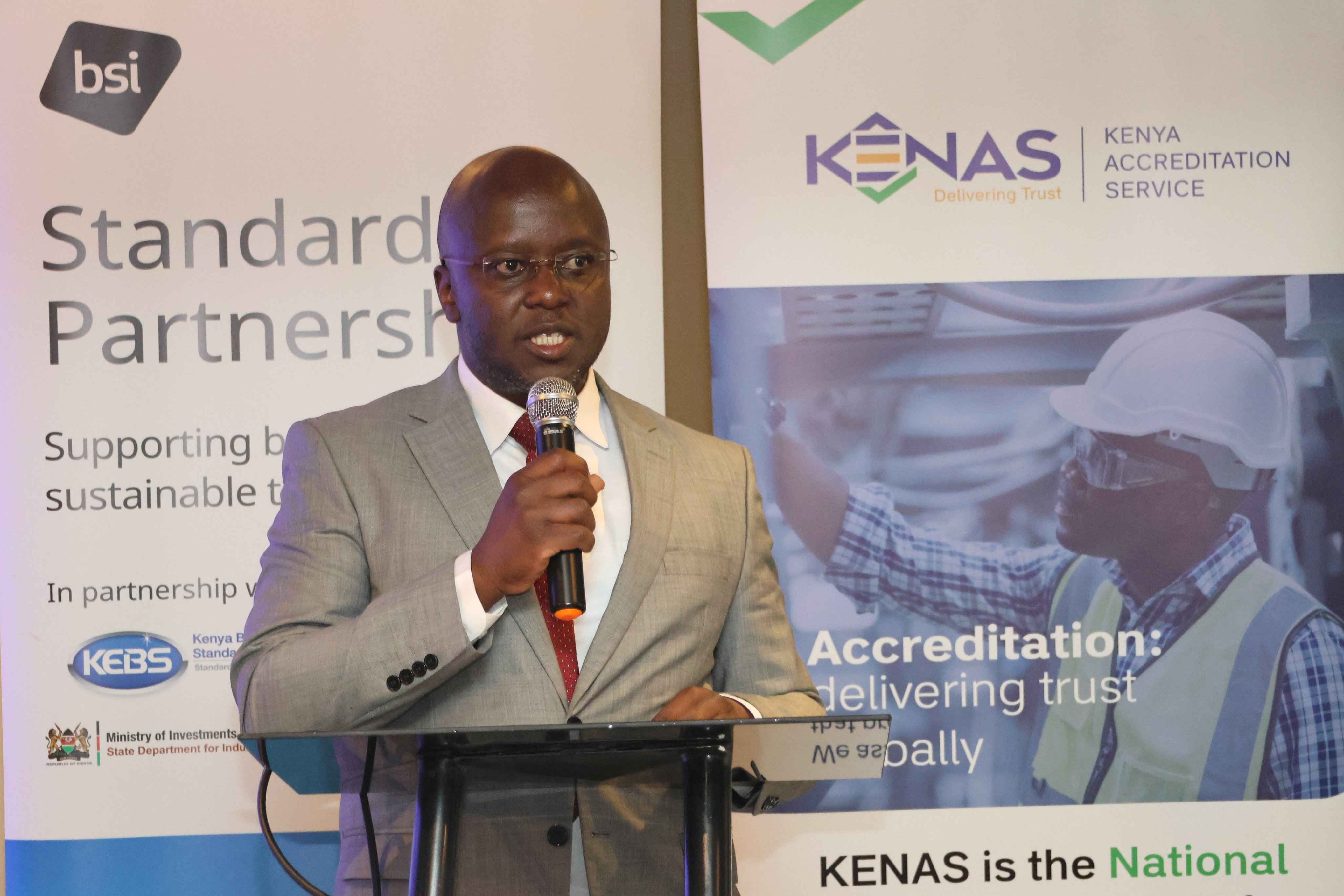
The initiative will ensure that the country aligns with international standards, allowing Kenyan research findings and medical results to be recognised globally without the need for retesting.
Kenya has become the first African country to establish accredited biobanks, a milestone that is set to enhance research, diagnostics, and vaccine development.
The initiative, led by the Kenya Accreditation Service (KENAS), will ensure that the country aligns with international standards, allowing Kenyan research findings and medical results to be recognised globally without the need for retesting.
Through KENAS, which is responsible for accreditation services in the country, Kenya is expected to lead other African nations in setting up internationally recognised research and healthcare ecosystems.
This will provide a platform for Kenyan research and medical results to gain global recognition, strengthening the country’s position in scientific innovation.
KENAS Chief Executive Officer Juma Ong’eti highlighted the importance of biobank accreditation, stating, “This will position Kenya at the forefront of research in Africa and enhance our competitiveness on the global stage.”
KENAS is currently facilitating training for key research institutions, including the Kenya Medical Research Institute (KEMRI), with support from the British Standards Institute (BSI).
The four-day workshop is designed to equip these institutions with the necessary skills to upgrade their laboratories to international standards, particularly in the storage of biological samples for future research.
According to KENAS Manager for Medical Labs Accreditation Doris Mueni Mengo, the accreditation checklist, developed with support from international bodies, will allow Kenyan research findings to be accepted globally, particularly in the study of emerging diseases such as MPOX and Ebola, as well as advancements in cancer treatment.
“With this accreditation, results from Kenya will not require retesting abroad, making this a significant achievement for the country,” she said.
The biobanks will serve as repositories for biological samples, supporting critical research in genomics, drug development, cancer treatment, and public health interventions aimed at improving patient care.
Susana Ochieng, the coordinator at BSI, reiterated the importance of the training, noting that it would help Kenya elevate its research infrastructure to international standards, ensuring high-quality research and medical advancements.
Top Stories Today


